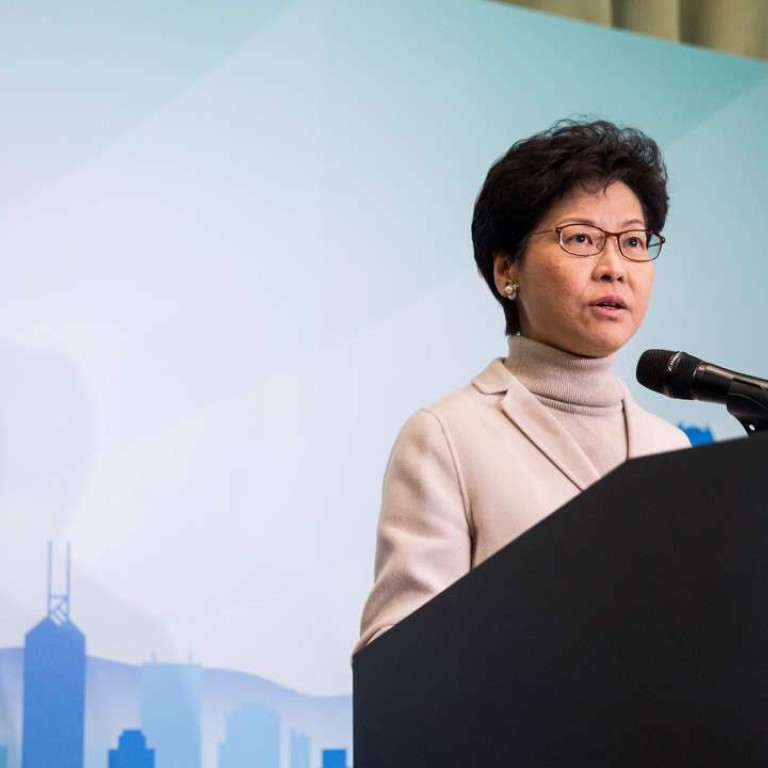
For Carrie Lam and John Tsang, the hard work starts now
With their resignations from the government approved, the now former officials will have to prove their credentials to lead Hong Kong
The chief executive election is now up and running for real. The State Council yesterday approved the resignations of Carrie Lam Cheng Yuet-ngor and John Tsang Chun-wah from the Hong Kong government, effectively giving both the green light to join the race. Labour and welfare minister Matthew Cheung Kin-chung will take over from Lam as chief secretary, while development minister Paul Chan Mo-po replaces Tsang as financial secretary.
The circumstances leading to Lam’s decision to enter the race have been seen as a sign of Beijing’s endorsement. As soon as Chief Executive Leung Chun-ying ruled himself out for a second term in office, she said she would reconsider her earlier decision to retire.
It took Beijing only four days to approve her resignation, while Tsang had to wait for 35 days for clearance. The other two hopefuls in the race, retired judge Woo Kwok-hing and New People’s Party leader Regina Ip Lau Suk-yee, have made an early start, declaring their candidacies in late October and mid-December, respectively.
Lam yesterday pledged to reignite Hong Kong’s can-do spirit, restore hope and faith, propel the economy forward and build greater consensus. Tsang issued a statement expressing gratitude for Beijing’s trust over the years, adding that he needed a few more days to confirm his decision to contest the chief executive election.
With two of the four aspirants being the No 2 and No 3 officials in government, the race is arguably the most competitive ever. And with four candidates, observers believe it will be difficult for Beijing to control the outcome of the election.
As it takes 150 nominations from the 1,194-strong Election Committee to stand, it would not be surprising if the field eventually narrows. Adding to the uncertainty are the pan-democrats who, with more than a quarter of the votes in the Election Committee, can affect the outcome if they cast their ballots as a bloc. Without their votes, it would be difficult for anyone to meet the threshold of 601 votes to win.
The departure of the two most senior ministers will inevitably affect government operations. The appointments of Matthew Cheung and Paul Chan are necessary steps to avoid an administrative vacuum before the new government takes power on July 1. Whether they continue to serve in the new government depends on their performance.
The public will hear more from the hopefuls as the election heats up. It is important for the next chief executive to win the trust of the central government, the Election Committee and the people of Hong Kong, and be able to contribute to the betterment of the city and national development.

